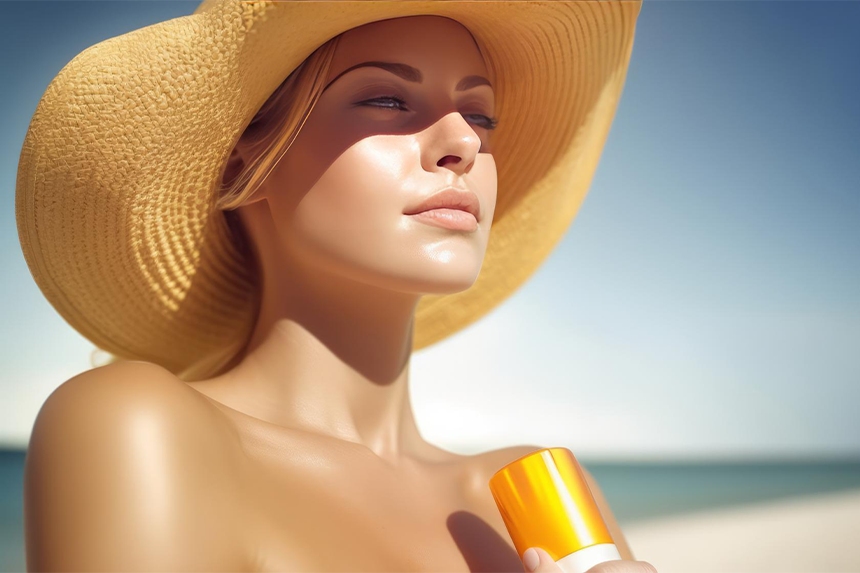The sun, a life-giving force, provides us with warmth and light, and it plays a crucial role in our daily lives. However, while basking in the sun's rays can be delightful, it can also have harmful consequences for our skin. Prolonged exposure to the sun's ultraviolet (UV) rays can lead to sunburn, premature aging, and even skin cancer. This is where sunscreen comes to the rescue.
In this blog, we will delve into the importance of sunscreen and explore some of the best options available to keep your skin safe from the sun's harmful effects.
The Sun's Harmful Effects

Before we discuss the significance of sunscreen, it's essential to understand the detrimental effects of UV radiation on our skin.
- Sunburn: The most immediate consequence of excessive sun exposure is sunburn. Sunburned skin can be painful, red, and peeling. It's a clear sign that your skin has been damaged by UV radiation.
- Premature Aging: Prolonged sun exposure can accelerate the aging process of your skin. It can lead to wrinkles, fine lines, and age spots, making you appear older than you are.
- Skin Cancer: Perhaps the most alarming effect of UV radiation is its link to skin cancer. Overexposure to the sun's rays, especially without adequate protection, can increase the risk of developing skin cancer, including melanoma, the deadliest form of skin cancer.
The Importance of Sunscreen
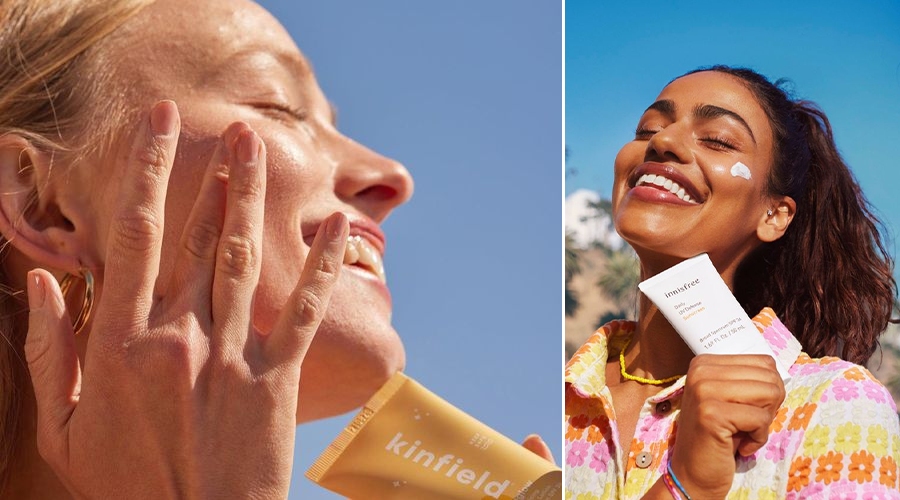
Now that we're aware of the sun's harmful effects, let's explore why sunscreen is a vital part of our daily skincare routine.
- Protection from UV Rays: Sunscreen acts as a barrier that shields your skin from the harmful effects of UV radiation. It absorbs and reflects the UV rays, preventing them from penetrating your skin.
- Skin Cancer Prevention: Regular use of sunscreen reduces the risk of developing skin cancer. It is one of the most effective methods of skin cancer prevention, along with wearing protective clothing and seeking shade.
- Anti-Aging Benefits: Sunscreen not only protects you from the sun but also helps maintain youthful-looking skin. By preventing UV damage, it reduces the development of wrinkles and age spots.
- Even Skin Tone: Sunscreen can help prevent the uneven pigmentation of the skin caused by sun exposure. This results in a more even skin tone and a smoother complexion.
Exploring the Best Sunscreen Options
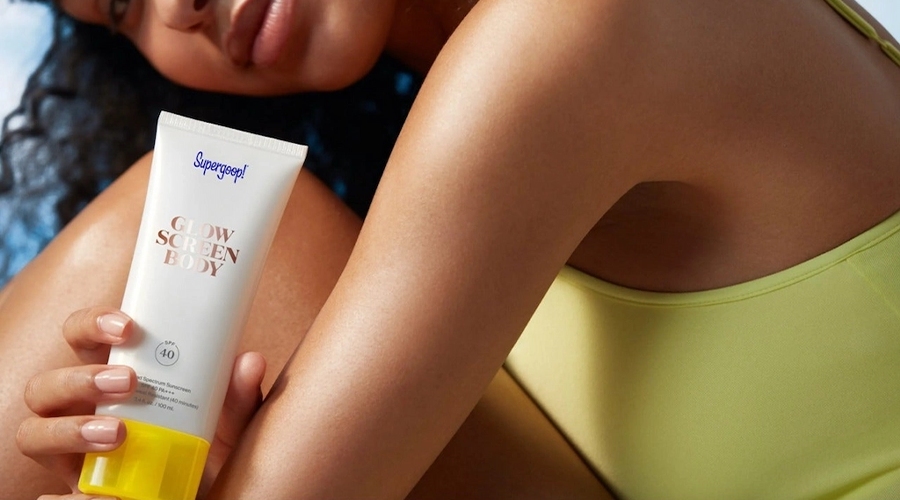
When it comes to sunscreen, not all products are created equal. Here are some of the best options available:
- Broad-Spectrum Sunscreen: Look for sunscreen labeled “broad-spectrum,” as it protects against both UVA and UVB rays. UVA rays are responsible for premature aging, while UVB rays cause sunburn.
- SPF 30 or Higher: Choose a sunscreen with SPF (Sun Protection Factor) 30 or higher for adequate protection. SPF 30 blocks about 97% of UVB rays, while higher SPFs provide even more protection.
- Water-Resistant: If you plan to swim or sweat, opt for a water-resistant sunscreen.
- Mineral Sunscreens: Mineral sunscreens, containing zinc oxide or titanium dioxide, are gentle on the skin and provide effective broad-spectrum protection. They are a great choice for sensitive skin.
- Non-Comedogenic: If you have oily or acne-prone skin, choose a non-comedogenic sunscreen to avoid clogging your pores.
- Fragrance-Free: Fragrances in sunscreen can irritate sensitive skin. Opt for fragrance-free options if you have skin sensitivities.
- Daily Use: Sunscreen should be a part of your daily skincare routine, even on cloudy days, as UV rays can penetrate clouds and cause damage.
Types of Sunscreen
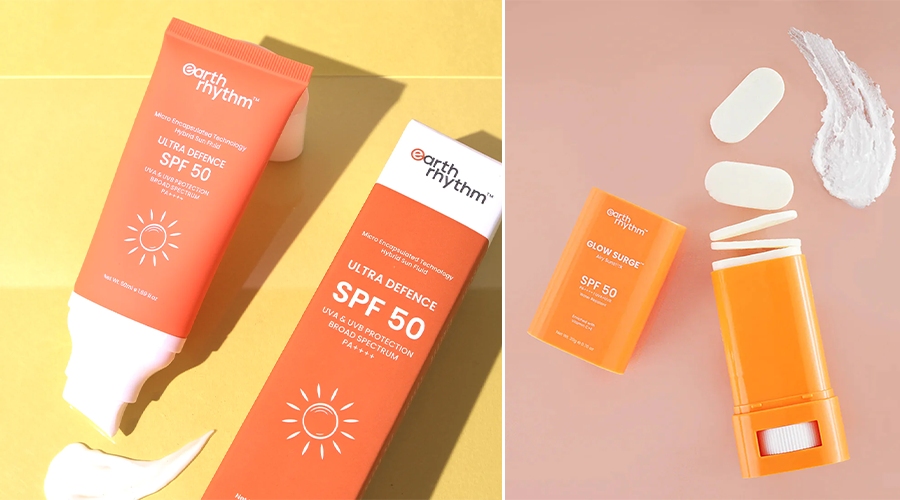
When it comes to sunscreen, there are two main types: physical (mineral) and chemical (organic). The primary function of each type is to protect your skin from the sun's harmful rays, but they work differently.
- Chemical Sunscreens: Chemical sunscreens contain active ingredients like avobenzone, octisalate, octocrylene, and homosalate.
- Chemical sunscreens are often preferred for their lightweight, easy-to-apply texture. They tend to be more invisible on the skin compared to mineral sunscreens.
- Physical Sunscreens: Physical sunscreens, on the other hand, contain active ingredients such as zinc oxide and titanium dioxide. These minerals create a physical barrier on the skin's surface that reflects and scatters UV rays, preventing them from penetrating the skin. Physical sunscreens are known for their broad-spectrum protection and suitability for sensitive skin. They are also effective immediately upon application, unlike some chemical sunscreens that require a waiting period.
Choosing the Right Sunscreen

Selecting the right sunscreen involves considering your skin type, lifestyle, and specific needs. Here are some additional factors to keep in mind when choosing the best sunscreen for you:
- Skin Type: If you have sensitive or acne-prone skin, mineral sunscreens with zinc oxide or titanium dioxide may be a better choice, as they are less likely to cause irritation. Those with oily skin may prefer oil-free or mattifying sunscreens.
- Activities: Consider your daily activities when choosing a sunscreen. If you plan to swim, exercise, or spend extended periods outdoors, opt for a water-resistant formula that can withstand sweat and water.
- SPF Level: Higher SPF levels provide more protection, but no sunscreen can block 100% of UV rays. SPF 30 is generally considered a good baseline, but you can go higher for added protection, especially in intense sun exposure conditions.
- Fragrance and Allergies: Fragrance-free sunscreens are gentler on the skin and are less likely to cause allergic reactions. If you have a history of skin allergies or sensitivities, opt for a hypoallergenic sunscreen.
- Application Form: Sunscreen is available in various forms, including lotions, creams, gels, sprays, and sticks. Choose the format that suits your preferences and provides even coverage.
Application Tips
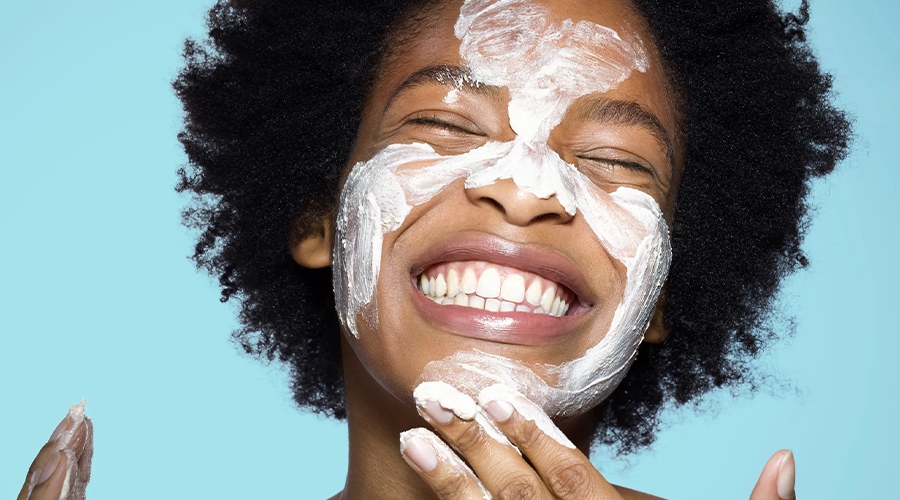
Proper application of sunscreen is essential to ensure its effectiveness. Follow these tips to get the most out of your sunscreen:
- Apply Generously: Use enough sunscreen to cover all exposed skin areas. Most people under-apply, which reduces the level of protection. A general guideline is to use about one ounce (equivalent to a shot glass) for your entire body.
- Reapply Regularly: Sunscreen should be reapplied every two hours, or more often if you're swimming or sweating heavily. Even water-resistant sunscreens lose their effectiveness over time.
- Don't Forget Your Face and Neck: Pay extra attention to your face, neck, ears, and the back of your hands, as these areas are often exposed to the sun. Consider using a facial sunscreen specifically formulated for the face.
- Cover All Exposed Skin: Remember to apply sunscreen to often-overlooked areas like the tops of your feet, the back of your neck, and your scalp (if your hair is thin or you have a bald spot).
- Apply Before Sun Exposure: To allow the sunscreen to properly bond with your skin, apply it 15-30 minutes before going outside. This gives it time to form a protective barrier.
The Consistency Factor

Consistency is key when it comes to sunscreen use. Many people tend to use sunscreen only during sunny summer days or when they're on vacation at the beach. However, UV radiation is present year-round, and consistent use of sunscreen is essential for protecting your skin and preventing long-term damage. Here are some tips to help you maintain a sunscreen routine:
- Incorporate It into Your Daily Routine: Make sunscreen application a habit, just like brushing your teeth. Apply it every morning before leaving the house, regardless of the weather.
- Keep a Travel-Friendly Option: Carry a travel-sized sunscreen in your bag or car for touch-ups throughout the day. This ensures you're protected even when unexpected sun exposure occurs.
- Educate Yourself: Understanding the risks of sun exposure and the benefits of sunscreen can motivate you to use it regularly. Stay informed about the latest research on sun safety.
- Encourage Family and Friends: Share your knowledge and sunscreen habits with your loved ones. Encourage them to protect their skin as well.
Conclusion
In conclusion, sunscreen is not just a skincare product; it's a vital tool in protecting your skin from the sun's harmful effects. Whether you choose a chemical or physical sunscreen, selecting the right product for your skin type and needs is essential. Proper application techniques and consistent use throughout the year can help you maintain healthy, youthful skin while reducing the risk of sunburn and skin cancer. Remember that sunscreen is your shield against the sun's powerful rays, so make it a part of your daily skincare routine and enjoy the sun safely. Your skin will thank you for it in the years to come.



